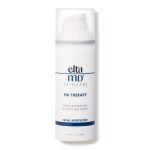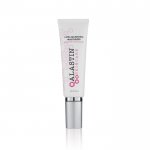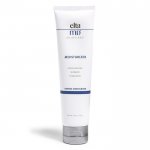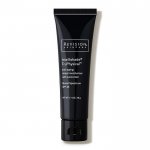As the weather gets colder outside and the heaters fire up inside, everything gets drier. Moisture is pulled from the air and also from your skin, leaving it dry, red and cracked.
As the temperatures change, your daily moisturizer and skin care habits may also need adjusting. Moisturizers are a great way to prevent or treat dry skin during the harsh winter months, but how do you find the best moisturizer for your dry skin?
How Moisturizer Works
“Even if your skin isn’t naturally dry during the rest of the year, winter weather is less humid than in the summer and it can strip natural moisture from the skin,” says Dr. Deborah Ohlhausen of U.S. Dermatology Partners Shoal Creek. “Cooler temperatures can cause the skin to become cracked and itchy, and eczema and other skin conditions can also worsen during this time of the year.”
In general, moisturizers act as a barrier, holding moisture in and hydrating the skin’s outer layers. They can also smoothe the skin’s surface. Using a daily moisturizer during the winter that is more nourishing than your usual moisturizer can help rehydrate and soothe your skin.
Most moisturizers are water-based, making them easy to apply. Others are oil-based, which can help your skin retain even more moisture. All lotions and creams also typically contain various emollients and humectants. Emollients help smoothe the skin, while humectants draw moisture from the air to add hydration. Together, they make the outer layers of the skin feel softer.
What is the best moisturizer for dry skin?
“With thousands of moisturizers and creams on the market, it’s important to read ingredient labels and choose a product that’s right for your skin type and age,” says Dr. Ohlhausen. “The right moisturizer can help protect your skin from dry winter air, while also rehydrating skin and making it look and feel smoother and healthier.”
So, which moisturizer is right for you?





Shop moisturizers on dermskincare.com »
Other Ways to Protect Your Skin
In addition to applying a good daily moisturizer, there are other steps you can take to protect your skin during colder temperatures.
Simple things like bathing in water that’s warm (not hot) helps retain the skin’s moisture, as does using a mild soap. Humidifiers can also help add moisture to the air and your skin, and wearing gloves and scarves while outside can help to protect your skin from the harsh elements.
Winter is also cold and flu season, which means more hand washing. This is another contributor to dry, cracked skin. Thick moisturizing creams can help build a protective barrier to retain moisture. And don’t forget to moisturize your feet and elbows! Skin in these areas is thinner and loses moisture even faster than the skin on your face and hands.
Looking to Visit a Dermatologist?
We have multiple locations throughout the country, so fill out our simple online form to get in touch with us. One of our local team members will reach out to you shortly to answer your questions or schedule an appointment for you to visit us soon.
Find a location near me
or


